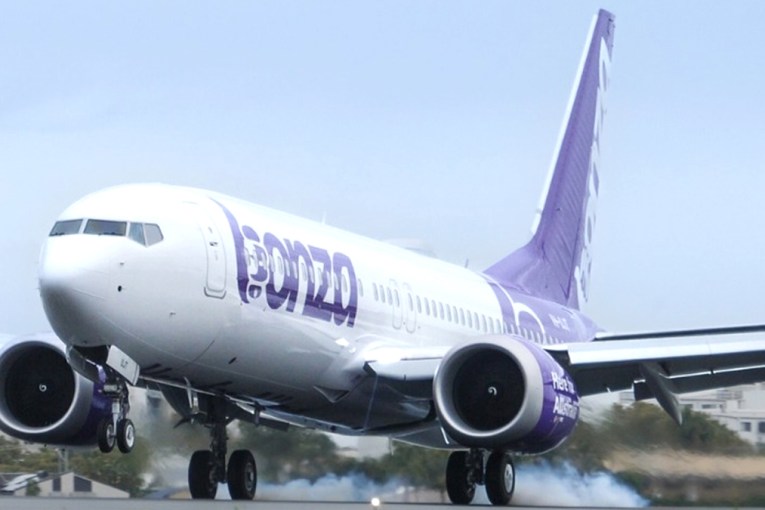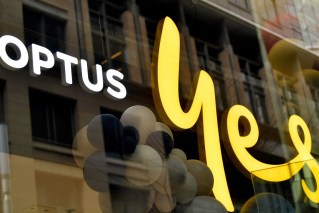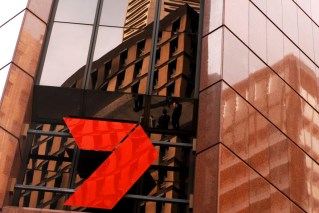Will selling Medibank push up health premiums?
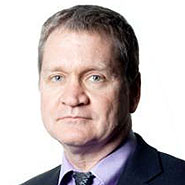
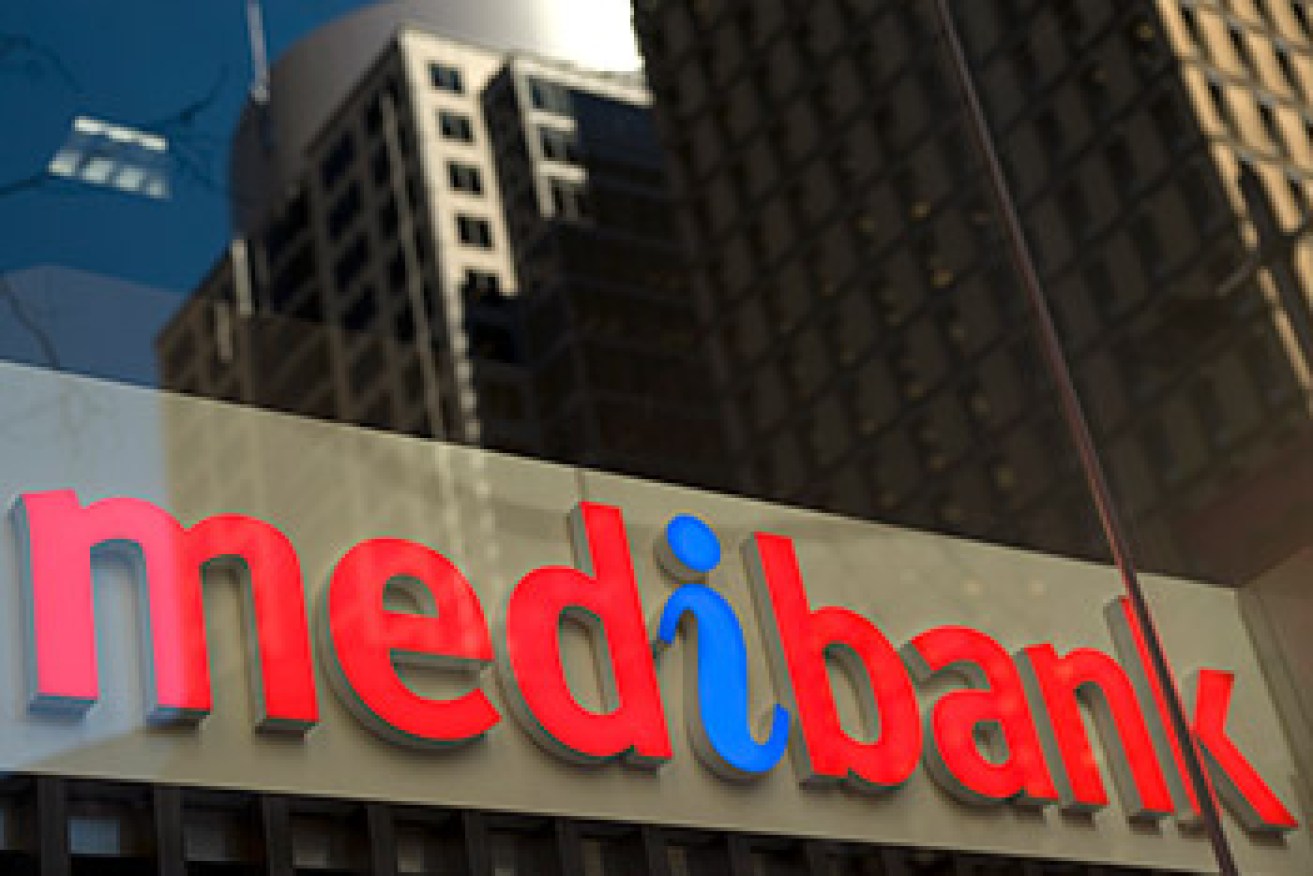
AAP
The Coalition has been arguing for years that selling off Medibank Private will not push up health premiums, but consumers would be wise to withhold judgement for a while yet.
Announcing the green light for sell-off on Wednesday, Finance Minister Mathias Cormann said a scoping study had found there was “no compelling argument” for the government to own Medibank private.
This is no surprise. The Coalition announced its intention to sell Australia’s biggest private health insurer way back in 2006, under the Howard government. It now wants to repair the budget and floating Medibank Private on the stock exchange would perhaps raise $4 billion.
In February, The New Daily revealed that Senator Cormann last year declined a request to re-appoint a key director and chair of Medibank Private’s audit committee beyond March 20. This was a strong indication that the die was already cast.
The scoping study was given the brief of how best to proceed with privatisation, and the government is already paying $2000 a day for Newgate Communications to work as spin doctors for the sale.

Politically tricky
Medibank Private is a government-owned health insurer, with about 29 per cent of the market or about 3.8 million Australians. It has another division which manages the healthcare delivery and has 4800 employees, including 1500 health practitioners who have some 2.5 million patient interactions every year.
These numbers means there will be acute political sensitivity over the sell-off. For example, Medibank Private is the sole provider of heath services to about 80,000 members of the Australian Defence Force.
The government argues it can sell Medibank Private because it competes against 34 other health insurers in a long-established competitive market.
“There is no market failure in the health insurance market,” Senator Cormann argued.
“The scoping study found no evidence that premiums would increase as a result of the sale of Medibank Private. As it does now, Medibank Private will need to continue to compete against other funds for policyholders and will need to continue to comply with relevant regulatory requirements around changes in premiums.”
Senator Cormann also argued there was an “‘inherent conflict” between the government being both the market regulator and the owner of a large participant in the market.
But this is a ‘straw man’ argument. Heath insurers have to make yearly pricing submissions to the Minister for Health, which are then assessed by the Private Health Insurance Administration Council. Prices can be rejected or the insurers can be told to reconsider their numbers.
Premiums to rise?
Last November, the ABC ran a detailed fact check of Senator Cormann’s claim that selling Medibank Private would not raise premiums. The broadcaster agreed but it’s worth recapping the arguments.
The Australian Medical Association has long argued that a private owner would demand greater levels of returns and would raise premiums. But the ABC found Medibank Private’s premiums had not been lower than those of private insurers over the past 10 years.
That is, Medibank Private was already run like a commercial organisation, making returns and setting premiums at around the same rates. The argument runs that Medibank Private paid about $450 million in dividends to the government in 2012 and 2013 and these return will now flow to shareholders.
Greens Senator Richard Di Natale, who is an experienced GP, argued government regulation – especially the need for ministerial approval of premium increases – was more important than ownership.
But the government has yet to detail the future regulation of premiums, let alone give a definitive guarantee that they will not allow premiums to rise. Similarly, it’s not known whether the government will allow another health insurer to take a substantial stake in the privatised Medibank Private, or how much of it will be sold.
As things stand, Medibank Private has a market share of about 30 per cent, followed by BUPA Australia with around 27 per cent. They are followed by the non-profit HCF with (10.7 per cent) and HBF (7.6 per cent) plus the for-profit NIB (also with 7.6 per cent).
But those are national market shares and the dynamics differ between states. BUPA reportedly has 54 per cent of the South Australian market, while HBF has 57 per cent in Western Australia.
Which is why the details of the privatization will be crucial. Senator Cormann says the sale has to:
• contribute to an efficient, competitive and viable private health insurance industry
• maintain service and quality levels for Medibank customers, including in regional and rural Australia
• treats Medibank employees in a “fair manner” although some job cuts are expected and
• minimise any post-sale residual risk and liabilities to the government
• maximise the net sale proceeds from the sale
That will involve a lot of juggling. One thing that is known from opinion polling is that Australians do not support the privatisation of Medibank Private.
These concerns could be eased by offering shares to existing members of the scheme but that has yet to be confirmed.
